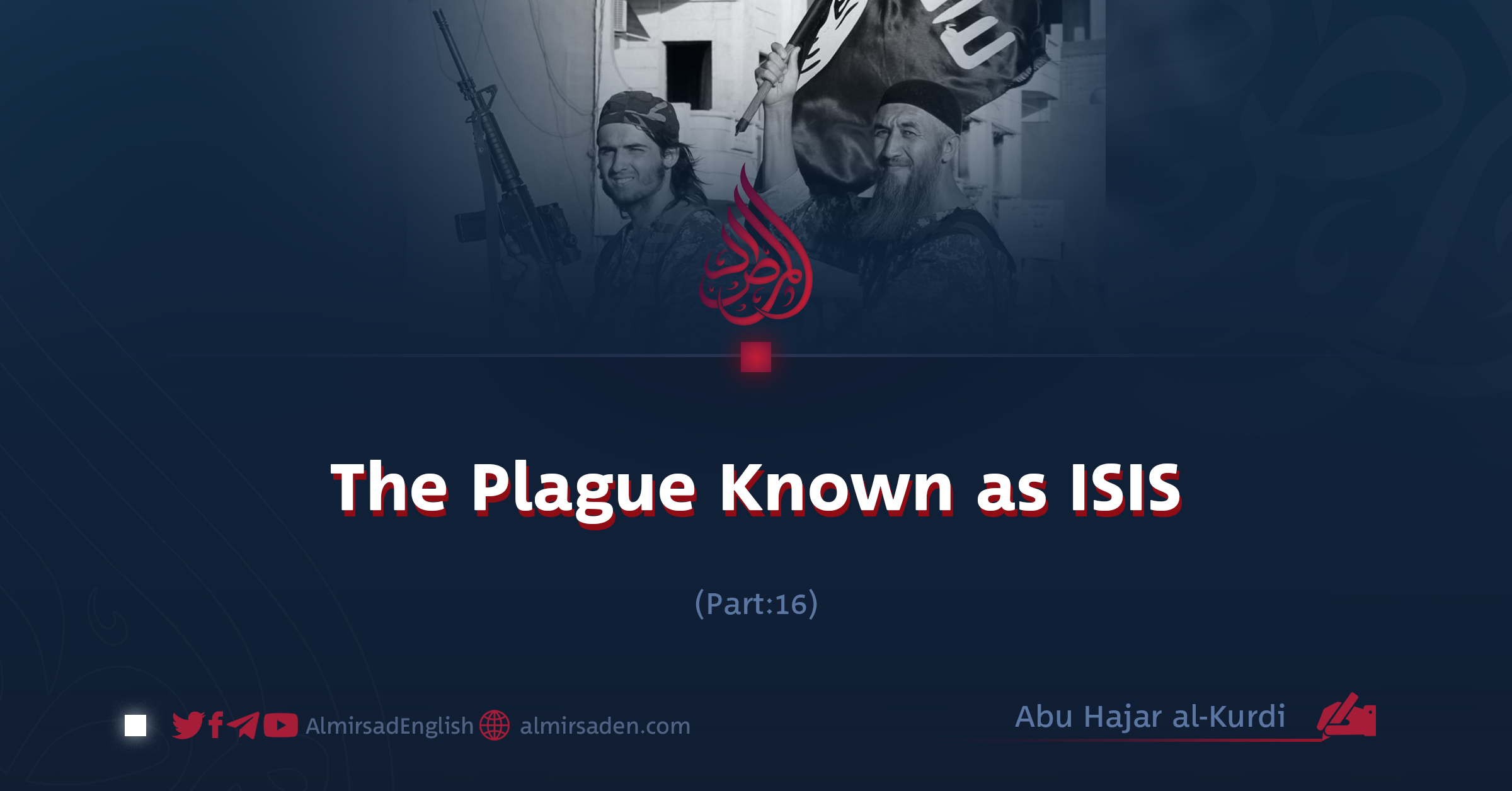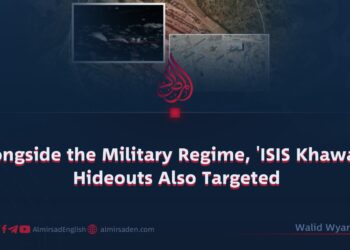Part 16
Written by: Abu Hajar al-Kurdi
ISIS has never engaged in direct warfare against the Nusairis (Alawites), Kurds, or Crusaders to expand its control in Syria and Iraq. Instead, its treacherous actions have consistently targeted the sincere Mujahideen. Unable to confront advanced Western weaponry and radical Rafidhi militias directly, ISIS displayed its supposed bravery only when it identified weaknesses among the Mujahideen. In such instances, it exploited these vulnerabilities to strike at Muslims through deceitful tactics.
The territories seized by ISIS were not obtained through battles against infidels but rather through treachery and conspiracies against Ahl al-Sunnah and jihadist factions. As the organization extended its influence across Syria, the city of Al-Mayadin in Deir ez-Zor province also fell under its control. This brutal entity consolidated its hold on Syria’s sacred land by systematically targeting and undermining the Mujahideen.
The Geopolitical Significance of Al-Mayadin
Al-Mayadin holds significant importance in Deir ez-Zor province, situated in eastern Syria near the Euphrates River. Prior to the Syrian revolutionary movements, it functioned as a vital commercial center. In 2014, ISIS seized control of the city, transforming it into a crucial military stronghold. Numerous high-ranking commanders utilized Al-Mayadin as a command post, further enhancing its strategic value.
Why Was Al-Mayadin Critical to ISIS?
1. Strategic Location: Its close proximity to the Euphrates River and its position along major trade routes heightened its strategic significance.
2. Large Population: Al-Mayadin served as a primary sanctuary for ISIS members and their families, supplying both manpower and a support base.
3. Proximity to Iraq: From this location, ISIS could easily transfer fighters, weapons, and equipment between Syria and Iraq, enabling cross-border operations and coordination.
Al-Mayadin at the Height of ISIS’s Power
During ISIS’s peak dominance—amidst the international coalition’s assault on the city of Raqqa—Al-Mayadin functioned as ISIS’s central command hub. Numerous reports indicate that Abu Bakr al-Baghdadi, the group’s leader, sought refuge there for an extended period. However, after three years under ISIS control, Al-Mayadin was relinquished in 2017 without substantial resistance. It was swiftly taken over by Bashar al-Assad’s regime and Iran-backed proxy militias.



















































